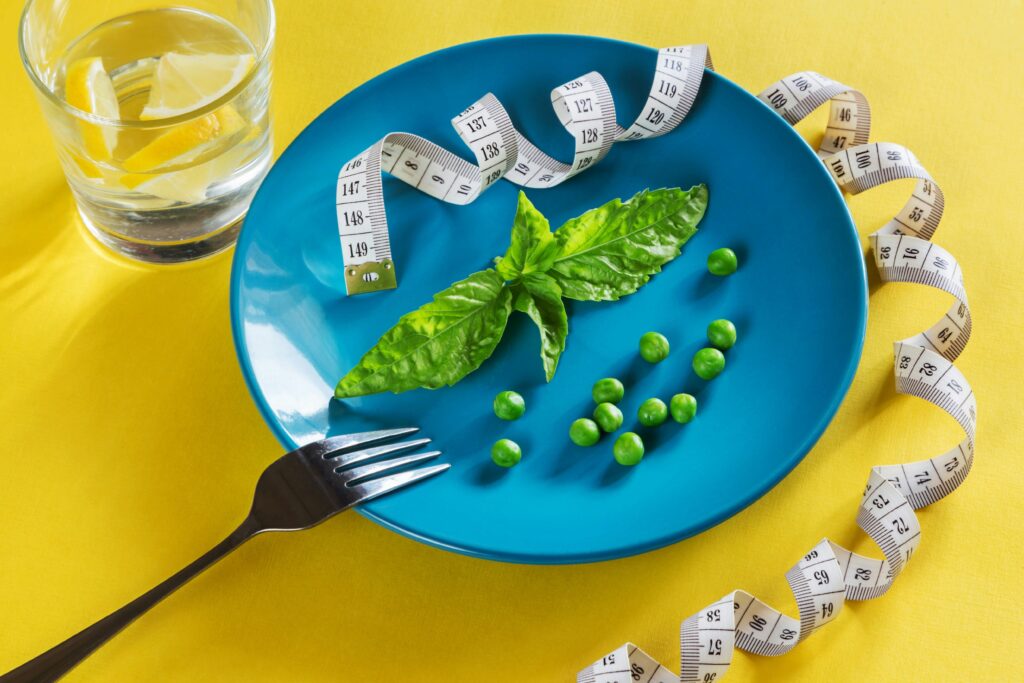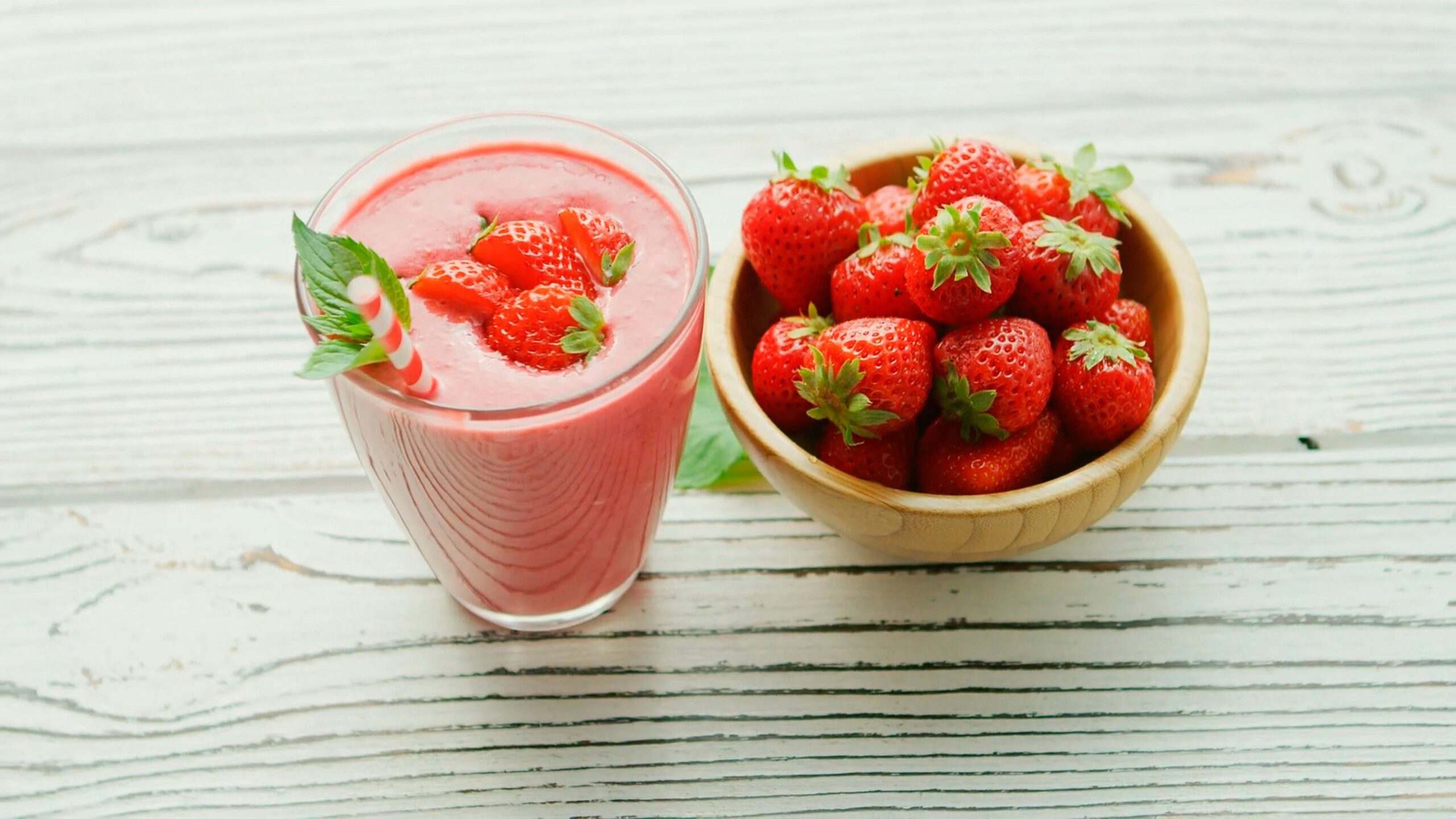Now Reading: Nutritional Therapy for Addiction Recovery: Heal Your Body and Support Lasting Wellness
-
01
Nutritional Therapy for Addiction Recovery: Heal Your Body and Support Lasting Wellness
Nutritional Therapy for Addiction Recovery: Heal Your Body and Support Lasting Wellness

Recovering from addiction is about more than just quitting drugs or alcohol. It’s about healing your body, mind, and spirit. One of the most effective ways to support this healing process is through nutritional therapy for addiction recovery. With the right foods and nutrients, you can reduce cravings, rebuild strength, restore balance, and promote long-term wellness. In this article, we explore how nutritional therapy works, why it matters, and how to apply it to your recovery journey.
Why Nutritional Therapy Matters in Recovery
Substance abuse depletes the body of essential nutrients. People in recovery often suffer from vitamin and mineral deficiencies, unstable blood sugar, digestive issues, and poor immune function. According to a report by the Substance Abuse and Mental Health Services Administration (SAMHSA), nutritional support can significantly improve physical and emotional recovery outcomes.
Nutritional therapy for addiction recovery focuses on restoring what the body has lost and supporting brain function. It addresses:
- Nutrient deficiencies
- Mood imbalances
- Cravings and appetite changes
- Inflammation and oxidative stress
Key Nutrients in Nutritional Therapy for Addiction Recovery
Certain nutrients are especially important for recovery. These help regulate mood, support brain chemistry, and repair physical damage from substance use.
1. B Vitamins
B-complex vitamins (especially B1, B6, and B12) support energy levels, nerve health, and brain function. Alcohol and drug abuse often lead to B-vitamin deficiencies.
Food Sources: Whole grains, eggs, leafy greens, legumes
2. Omega-3 Fatty Acids
Omega-3s reduce inflammation, improve mood, and support brain health. They are essential for rebuilding damaged neural pathways.
Food Sources: Salmon, walnuts, flaxseeds, chia seeds
3. Magnesium and Zinc
These minerals help reduce anxiety, improve sleep, and support the immune system. Magnesium also helps regulate stress hormones.
Food Sources: Pumpkin seeds, almonds, spinach, lentils

4. Amino Acids
Amino acids help produce neurotransmitters like dopamine and serotonin, which are often depleted during addiction.
Food Sources: Chicken, fish, tofu, beans, eggs
5. Antioxidants
Antioxidants help fight oxidative stress and repair cell damage caused by substance use.
Food Sources: Berries, bell peppers, carrots, green tea
How Nutritional Therapy Helps Reduce Cravings
Cravings are one of the most difficult challenges during recovery. Blood sugar imbalances, low dopamine levels, and poor diet can trigger intense urges. A balanced, nutrient-rich diet stabilizes blood sugar and supports healthy brain chemistry.
According to a study published in the Journal of Psychoactive Drugs (2010), participants who received nutritional therapy during addiction treatment experienced fewer cravings and better emotional stability compared to those who did not.
Expert Tip: Eating every 3–4 hours and including protein in each meal can help prevent blood sugar crashes and reduce cravings.
Sample Daily Meal Plan for Recovery Support
Here’s a simple, balanced meal plan designed with nutritional therapy for addiction recovery in mind:
Breakfast
- Scrambled eggs with spinach and tomatoes
- Whole grain toast
- Green tea
Snack
- Greek yogurt with walnuts and berries
Lunch
- Grilled salmon with quinoa and steamed broccoli
- Mixed greens with olive oil and lemon dressing
Snack
- Apple slices with almond butter
Dinner
- Stir-fried tofu with brown rice and vegetables
- Herbal tea (e.g., chamomile or peppermint)
Tips for Applying Nutritional Therapy in Daily Life
- Cook at home. Preparing your meals allows better control over ingredients.
- Stay hydrated. Drink at least 6–8 glasses of water per day.
- Limit sugar and caffeine. These can trigger anxiety and cravings.
- Eat regularly. Skipping meals can cause mood swings and low energy.
- Supplement wisely. A multivitamin or omega-3 supplement may help, but consult your doctor first.
Emotional Benefits of Nutritional Therapy
Eating well doesn’t just support physical healing—it also improves emotional well-being. Nutritional therapy can:
- Enhance mood and reduce anxiety
- Improve sleep quality
- Boost self-esteem and motivation
Nutrition is a form of self-care. When people in recovery eat nourishing foods, they often feel more in control, grounded, and hopeful.
Final Thoughts
Nutritional therapy for addiction recovery is a powerful tool. It supports healing from the inside out, reduces cravings, improves mood, and strengthens the body. More importantly, it helps create a sustainable foundation for long-term sobriety.
Recovery is not just about what you give up—it’s about what you rebuild. Let every meal be a step toward healing, balance, and wellness.
Sources:
- Substance Abuse and Mental Health Services Administration (SAMHSA). Nutrition and Recovery.
- Journal of Psychoactive Drugs (2010). Nutritional Support in Addiction Treatment.
- National Institutes of Health (NIH). Role of Nutrition in Mental Health and Substance Use Recovery.

Hi, I’m Brittany Larsen, a passionate blogger and content creator dedicated to writing meaningful and engaging articles. I specialize in topics like mental health, wellness, and personal development, aiming to inspire and empower my readers through relatable stories and practical advice.























